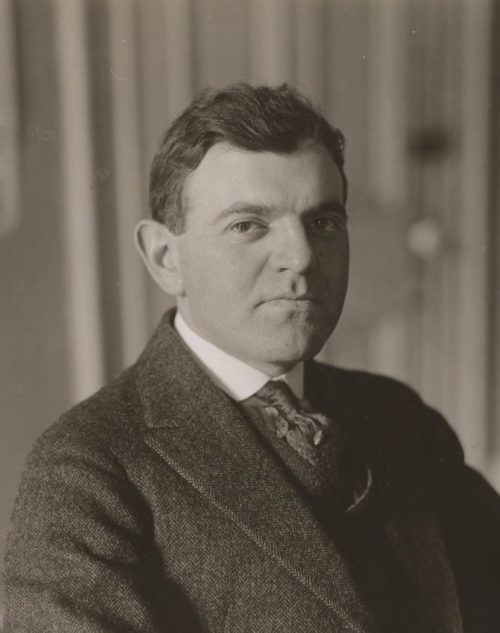Carl Robert Byoir (1886 – 1957) founded and managed Carl Byoir & Associates , one of the world\’s largest public relations firms in 1930. He started his career quite young; he was just in his teens, a fourteen-year old when he started as a reporter for The Des Moines Register. He was quite good at his job and by 17, he was appointed the editor of the Waterloo Times-Tribune. He studied at the University of Iowa while simultaneously holding a job as the circulation manager for Hearst Magazine’s publications.
He received a prestigious assignment as Associate Chairman of the Committee on Public Information during World War I. This helped him direct the U.S. government’s propaganda effort. He crafted a campaign to draft-eligible non-English speaking Americans and this made a huge impact as over 70,000 men joined the U.S. troops.
One of the other big assignments that he took up was signing a five year $300,000 contract with the Cuban government to increase American tourism. This also served to give him a government PR job. A massive campaign was run promoting Cuba as a premier vacationing spot. His campaign was a resounding success as tourism increased by over 200% in the first year. On the flip side, he was often at the receiving end of criticism from the US as he worked closely with the Cuba’s President Gerardo Machado.
Byoir was very successful in procuring results even against the powerful. For instance in 1938, he was the consultant to the Great Atlantic and Pacific Tea Company, a grocery chain. He worked for them and started a public relations campaign that led to defeating the Congress over a tax bill that chain-store owners found disastrous.
The Freeport Sulphur Company was Carl’s first big industrial account. The company owned large sulfur deposits in Louisiana and Texas. Sulfur severance tax in Louisiana sharply increased suddenly by over 200 percent. Carl Byoir was hired to help stop something like this happening in Texas. How this was handled was remarkable. Large groups in Louisiana were organised, they represented key segments of public opinion. They were educated on how the tax not only was against the economic interests of the company, but also the state. Louisiana legislators started getting this information from various opinion leaders and the result was that tax increase was lowered.
Another powerful lobby he took on for his clients Eastern Railroads was the Pennsylvanian Truckers. The truckers in Pennsylvania proposed to raise the weight limit on trucks to 60,000 pounds which would help them increase their business manifold. Realizing that this would cause their business to drop, Eastern Railroads hired Byoir\’s firm to handle this. This turned into a bitter public opinion battle known as \”The Railroad-Trucker\’s Brawl.\”
To combat the truckers, he created negative ads and content about truckers to the media. He also shared an advance copy of Maryland\’s State Road Commission’s test which stated the negative effects of differing truck axles on highways. The result was that the bill was vetoed and he had achieved victory.
What one really learn from Carl Robert Byoir is the importance of getting deep into a subject and examining it from various viewpoints to catch a clever angle and also being bold and decisive. This can even make history as he has proved.


